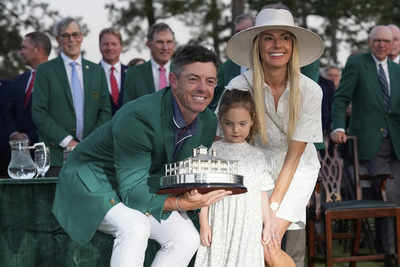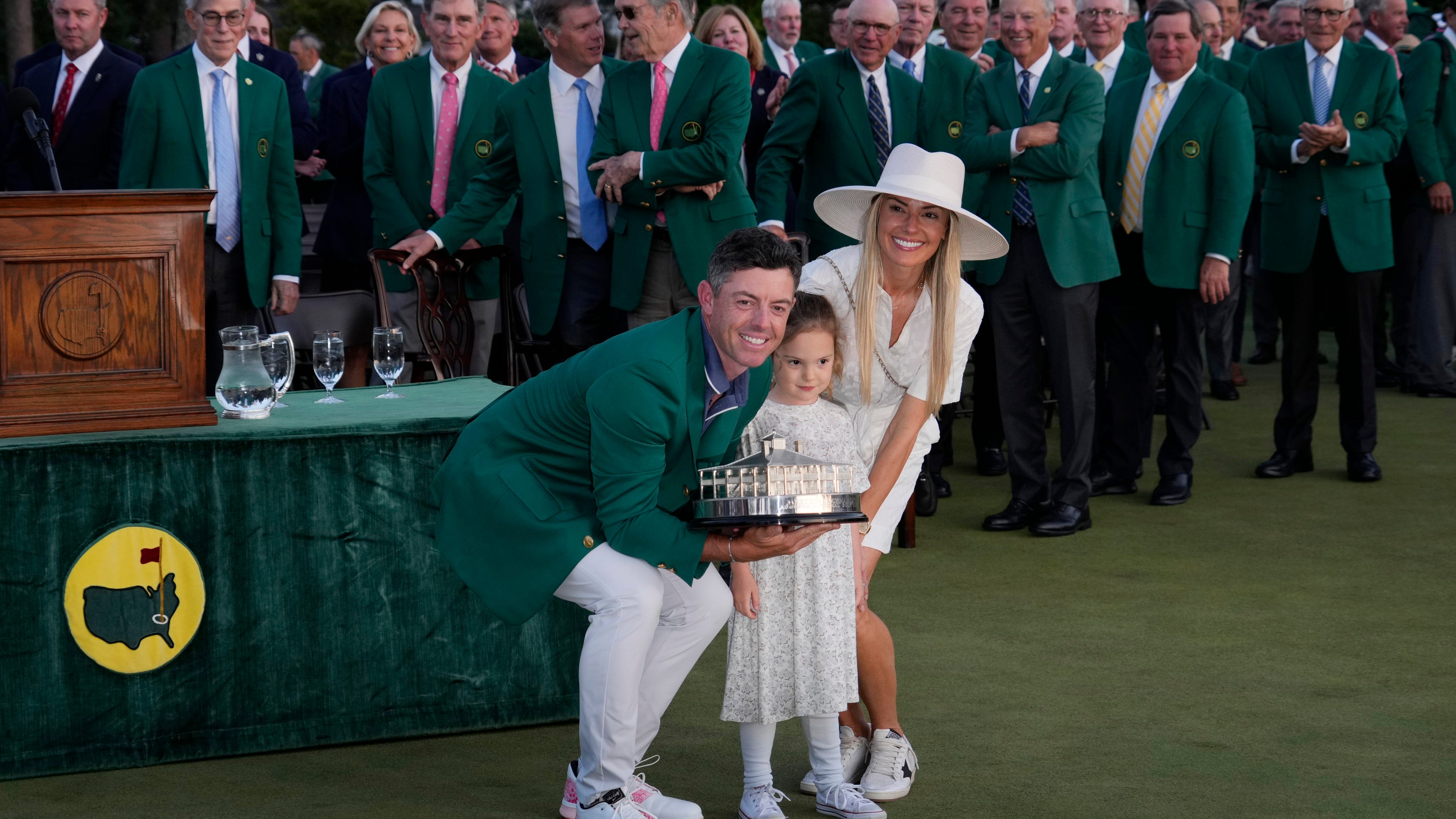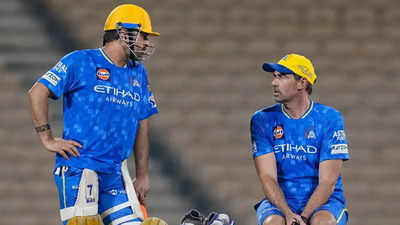“The main purpose of our coaches and mentors was to develop the side,” he said at the press conference following the win. “We wanted to give youngsters an opportunity so they could develop and represent Pakistan in the future.”
Captaining the side, Shadab’s all-round role in Panthers’ triumph was instrumental, as he picked up his second piece of silverware in 2024, six months after Islamabad United’s victory in the PSL. However, Shadab has endured a difficult year – especially with the bat – in terms of his own form, although the last three weeks have given the man once feted as Pakistan’s golden boy reason to smile. At the Champions Cup in Faisalabad, he contributed with either bat or ball in all but the opening game.
Crucially, Shadab found better control with the ball, landing more deliveries in the right areas – something he has struggled with in the recent past. He credited it to finding his rhythm, and wanted to keep working at it. Shadab said he will “definitely play as many red-ball games as possible” this season.
“Individually, I need more improvement,” he conceded. “But things are getting better because I hadn’t bowled long spells recently. I bowled longer spells this tournament, and that gave me more confidence. But there’s still plenty of time before I get to that level.”
Shadab also spelled out his broader philosophy – both for himself and the side he leads. “We wanted to focus on the process rather than the result. We’re an emotional country – when we get results, we rise really high, and when we don’t, we hit rock bottom. We zig zag in this emotional cycle. What we can control is our process, and that should be level, not up and down. So we tried to keep things simple rather than caring about the result. The result is not in our hands; even today we discussed this. We weren’t even thinking about the result.”
“Ali Raza’s mentality belies his age. The way he’s bowling, I think he could be a useful asset for the Pakistan side in future.”
Shadab Khan on Panthers’ 16-year-old fast bowler
The result, though, took care of itself. After a bright start from Markhors, Shadab and his fellow bowlers triggered a remarkable collapse, as Markhors’ last eight wickets fell for just 40 runs. Shadab took one of those wickets in the three overs he bowled, and with the bat, a breezy and an unbeaten 14 off nine balls helped get his side comfortably over the line, as Panthers got to the target with a whopping 32 overs to spare.
Shadab didn’t think the pitch had too many demons in it, crediting his side instead for bowling well. “I don’t think about a particular number to restrict the opposition to,” he said. “I think we bowled really well to get them out so cheaply. We wanted to put as much pressure on them as possible because that’s where a team makes mistakes, and that’s where you can take wickets in quick succession. In high-pressure matches, it’s harder to build partnerships.”
“Ali Raza’s mentality belies his age,” Shadab said. “The way he’s bowling, I think he could be a useful asset for the Pakistan side in future. We need to be careful with him because he’s still young and his body’s still fragile. That makes him more vulnerable to injuries.”
Shadab would know better than most the value of giving young bowlers confidence. His own breakout role under national spotlight had come as a 17-year old in 2017 before he went on to play a pivotal part in Pakistan’s Champions Trophy triumph later that year. Islamabad, for whom Shadab went on to play in the PSL, had faith enough in him to appoint him vice-captain at 20, and captain at 21.
But while Shadab’s form with the ball has wavered for much of his career, his tactical skills as captain are rarely in question. It is perhaps little surprise that he doesn’t feel youth is any barrier to success.
“We’re inexperienced,” Shadab says pithily about the side with the youngest average age in the Champions Cup, “but we’ve won the tournament.”
Danyal Rasool is ESPNcricinfo’s Pakistan correspondent. @Danny61000







